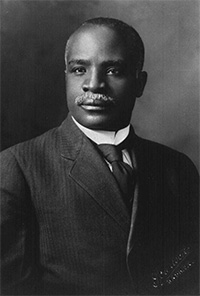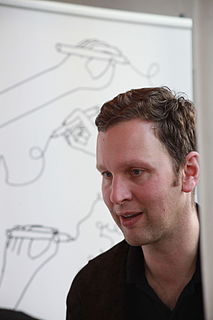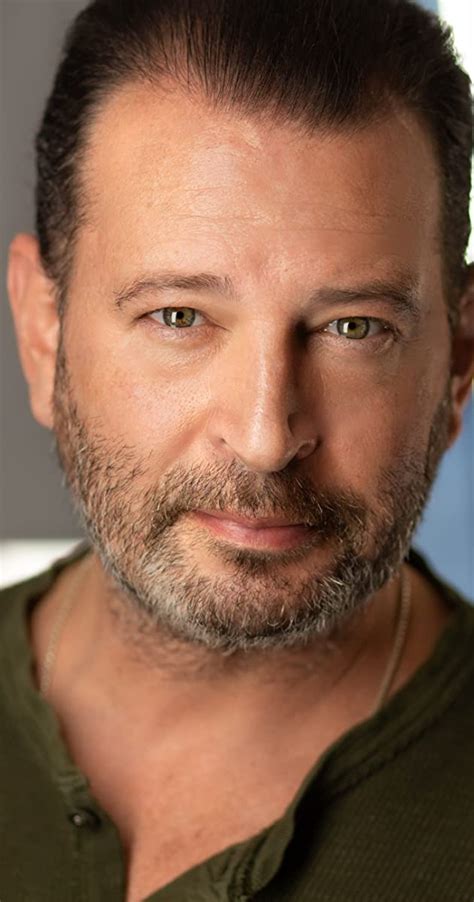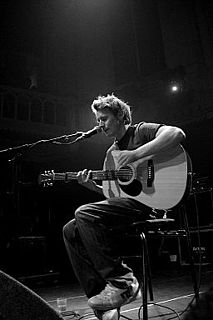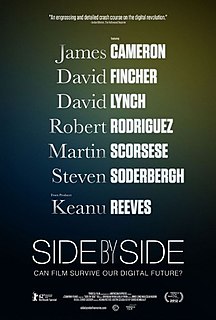A Quote by Jonathan Franzen
There used to be rather serious firewalls between the artist and the buying public - the gallery, the publisher. And technology demolishes that wall and basically says, 'Self-promote or die.' And that is a bad head for any sort of artist to be forced into.
Related Quotes
Now the expectation is that, once the public decides that the artist is gentrified, the public demands that the artist stop growing. And [the public] actually puts all their energy into reasserting or re-establishing what the artist has long ago left behind. Because that's what they want. The source of creativity, the gift that's been given, be damned.
The trouble with science fiction is that you can write about everything: time, space, all the future, all the past, all of the universe, any kind of creature imaginable. That's too big. It provides no focus for the artist. An artist needs, in order to function, some narrowing of focus. Usually, in the history of art, the narrower the focus in which the artist is forced to work, the greater the art.
There questions of wanting to be an artist, and what does that mean, what makes you an artist? Are you an artist if you're in a gallery in New York and not an artist if you're doing it at home? Do you need legitimation to count? If you've been acculturated to believe that you have certain obligations - familial, social, human - if multitasking has been your forte and that's what's been praised and rewarded, where do you find the single-mindedness, the selfishness to do something like art? I think those are questions that arise differently for women and for men.




